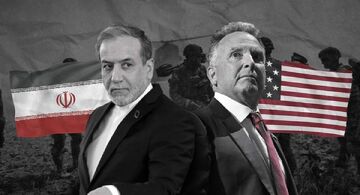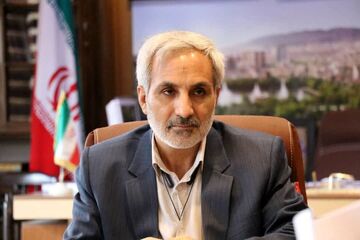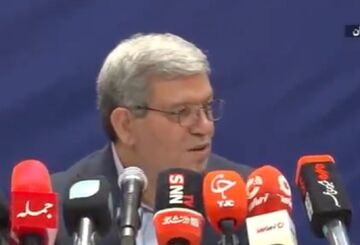TEHRAN(Bazaar) –Shireen Tahmaasb Hunter, a professor of political science at Georgetown University, tells that in light of Russia's unwillingness to support it with military and other assistance, plus Western countries' desire to prevent further destabilization in the South Caucasus, Armenia could not have continued hostilities with Azerbaijan.
She adds that witnessing the large-scale flight of Karabakh's Armenians', Western states were forced to warn Azerbaijan against further conquest. However, full normalization between Armenia and Azerbaijan will take time.
Following is the text of the interview:
Q: The Republic of Azerbaijan and Armenia have announced that soon a peace agreement will be made between them for the exchange of prisoners and the normalization of political relations. What are the reasons for a possible agreement between them?
A: In light of Russia's unwillingness to support it with military and other assistance, plus Western countries' desire to prevent further destabilization in the South Caucasus, Armenia could not have continued hostilities with Azerbaijan. Baku, meanwhile, achieved its main goal, which was the return of its lost provinces, including Nagorno Karabakh. Additionally, witnessing the large-scale flight of Karabakh's Armenians', Western states were forced to warn Azerbaijan against further conquest. However, full normalization between Armenia and Azerbaijan will take time.
Q: It seems that the Republic of Azerbaijan has fallen short of its initial position after the Nagorno-Karabakh war in 2020. The decrease in Israel's support for Baku as a result of the Gaza war and the increase of America's and France's support for Armenia are said to be the reasons for this issue. What is your assessment?
A: Clearly, with the ongoing conflict in Gaza, Israel has not been focusing on the Caucasus. Also, as mentioned above, the large-scale flight of Armenians from Karabakh prompted Western states to warn Baku against further conquest. The combined effect of these factors contributed to peace moves between the two states.
Q: After initial positions regarding the construction of the Zangezur Corridor and Iran's strong opposition, Baku and Ankara have agreed to communicate through Iran. Do you think the issue of Zangezur Corridor may be raised by them again?
A: Turkey and Azerbaijan have long-term irredentist claims towards Iran. Turkey wants to connect by land to other Turkic republics in Central Asia. Therefore, the issue of a corridor bypassing Iran will always remain on their agenda. Whether they would pursue that in future would depend on Iran's economic and military strength and its international position. Had not Iran been internationally isolated and under sanction, neither Azerbaijan nor Turkey could have pushed for such policies. Armenia, like other countries, has used Iran for its purposes. If Iran cannot provide Armenia with what it wants, Yerevan, too, would turn to other more powerful states. Iran's problems with the West, plus the fact that most of Iran's attention is concentrated on the Arab-Israel question and its lack of adequate attention to the Caucasus has left the field open to Tehran's regional rivals and competitors, notably Turkey.
Q: The reduction of Russia's support to Armenia has made Armenian Prime Minister Nikol Pashinyan request a review of the border agreements with Russia. There were even talks about withdrawing from the collective security pact from Yerevan. Do you think these measures will be implemented? If so, what are the implications for Iran?
A: There have always been two camps in Armenia. One camp has been pro-Russian and the other pro-West. The latter have always claimed that Armenia could develop more economically and otherwise if it had closer relations with the West. Pashinian belongs to the pro-West camp. Moreover, Russia betrayed Armenia, especially after the beginning of the Ukraine war. This showed Armenia that it cannot rely on Moscow. In light of what has happened, Yerevan could decide to withdraw from the Russian-sponsored Security organization and establish closer relations both with NATO and Turkey. Armenia is a small and weak country and is not capable of providing for its own defense. In light of Russia's betrayal, the West remains Yerevan's only viable option.
Q: Regarding the decrease of Russian influence in the Caucasus, how do you evaluate the future developments of this region and its impact on Iran?
A: As I have always said, Iran's relations with Russia have largely been one sided. Russia, too, has manipulated and used Iran. In the past, Russia prevented the expansion of Iran-Armenia relations in the energy and transportation fields, because it wanted to keep Yerevan dependent on itself. In short, Moscow has also wanted to keep Iran's influence in the Caucasus limited. If Armenia choses to join the Western camp, Iran's position would be further undermined. Iran cannot count on Russia to maintain its original position. Iran needs to recalibrate its international and regional policies.
















نظر شما